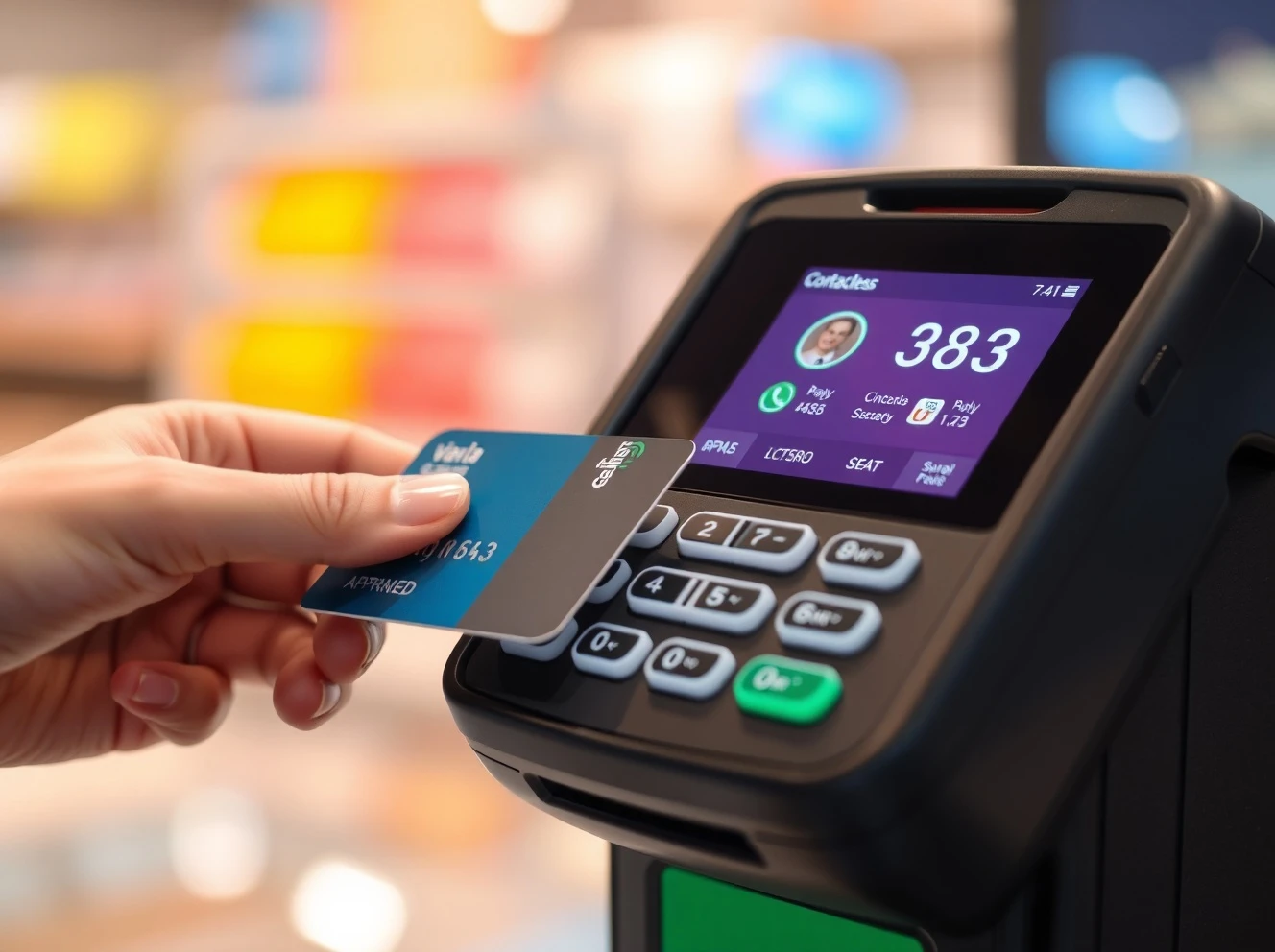British consumers could soon experience a dramatic shift in spending habits as regulators propose eliminating the £100 contactless payments cap, potentially transforming how we shop forever. This groundbreaking move by the Financial Conduct Authority promises to revolutionize daily transactions while raising important security considerations.
The Future of Contactless Payments in the UK
The Financial Conduct Authority currently consults on removing the £100 contactless payments limit. Consequently, banks and card providers would gain freedom to set their own transaction thresholds. This change would align physical cards with digital wallets, which already permit unlimited tap-and-go payments through biometric security.
Historical Evolution of Contactless Limits
Contactless payments have evolved significantly since their 2007 introduction:
- 2007: £10 initial limit
- 2010: Increased to £15
- 2012: Raised to £20
- 2015: £30 limit introduced
- 2020: Pandemic-driven increase to £45
- 2021: Current £100 limit established
Security Measures for Unlimited Contactless Payments
The FCA emphasizes that higher-value contactless payments would only apply to low-risk transactions. Providers must bear fraud responsibility, ensuring customer protection remains paramount. Existing safeguards include PIN requirements after five consecutive contactless transactions or when cumulative spending exceeds £300.
Public Concerns and Consumer Protection
Despite potential benefits, 78% of consumers prefer maintaining the £100 contactless payments limit. Primary concerns include theft risks and overspending tendencies. David Geale of the FCA reassures cardholders: “People remain protected. Firms will refund fraudulent contactless transactions.”
Global Precedents and Economic Impact
Several countries already employ flexible contactless payments systems. Canada, Australia and New Zealand allow card providers to set individual limits. The FCA’s proposal forms part of broader economic stimulus efforts, aiming to remove regulatory barriers to growth.
Consumer Control and Banking Flexibility
Many banks already permit customers to reduce their contactless payments limit or disable the feature entirely. Under new proposals, this flexibility would expand, giving consumers greater control over their spending caps and security preferences.
Industry Response and Implementation Timeline
UK Finance states: “Any changes will prioritize security.” If approved, new contactless payments regulations could take effect next year. The consultation period concludes on 15 October, balancing convenience, fraud prevention and economic stimulation.
Frequently Asked Questions
Will contactless payments become completely unlimited?
Banks and card providers will set individual limits rather than having a universal cap. However, providers may choose to maintain certain restrictions based on risk assessment.
How will fraud protection work with higher limits?
The FCA mandates that providers bear responsibility for fraudulent transactions. Customers will receive refunds for unauthorized contactless payments, maintaining existing protection standards.
Can I still set personal spending limits?
Yes. Most banks already allow customers to reduce their contactless payment limits or disable the feature entirely. These options will remain available and potentially expand under new regulations.
When might these changes take effect?
If approved following the October consultation, new contactless payment rules could implement as early as next year. The timeline depends on regulatory approval and banking system updates.
How does this compare to digital wallet payments?
The changes aim to create parity between physical cards and digital wallets. Both systems would potentially allow unlimited tap-and-go payments, though security verification methods may differ.
What happens if my card is stolen?
Existing fraud protection protocols remain unchanged. You must report lost or stolen cards immediately. Providers will freeze accounts and investigate unauthorized transactions, ensuring customer financial security.






